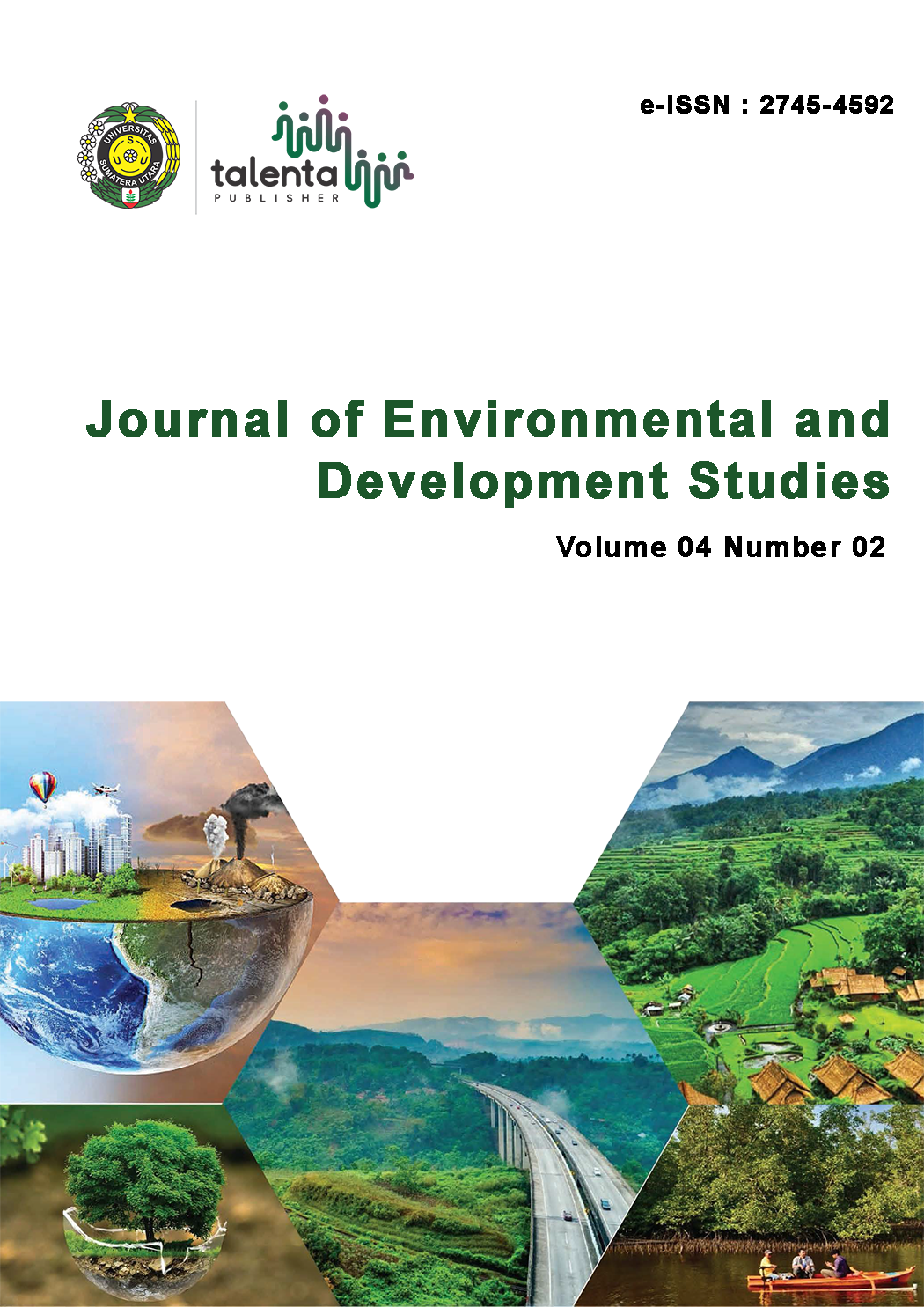Dispute Resolution Strategy for the Transfer of Receivables Collection Rights (Cessie) Within a Credit Agreement in Indonesia Supporting Economic Growth
DOI:
https://doi.org/10.32734/jeds.v4i2.11636Keywords:
transfer of receivables, cessie, collateralAbstract
One of the strategies for resolving non-performing loans carried out by banks is by way of cessie, which transfers all rights and obligations of the old Creditor over the debtor to the new Creditor. However, banking institutions that have a strategic role in supporting the implementation of national economic development will not be separated from the problem of bad credit, which can one day lead to disputes in social life. The research method in this research is normative juridical and descriptive analysis. The research was conducted with a statutory and case approach. The data collection technique is done by literature and field studies. As in decision Number 18/Pdt.G/2017/Pnkwg, the results of this research are the Arrangement of Settlement of Bad Credit Banking through the Transfer of Receivables Collection Rights (Cessie) which is regulated in Article 613 of the Civil Code and The form of dispute is known that the Defendant has defaulted on his obligations which are used as an analysis of the judge's considerations and decisions related to the problematic transfer of receivables collection rights through cessie in the judicial process.
Downloads
Downloads
Published
Issue
Section
License
Copyright (c) 2023 Journal of Environmental and Development Studies

This work is licensed under a Creative Commons Attribution-ShareAlike 4.0 International License.














